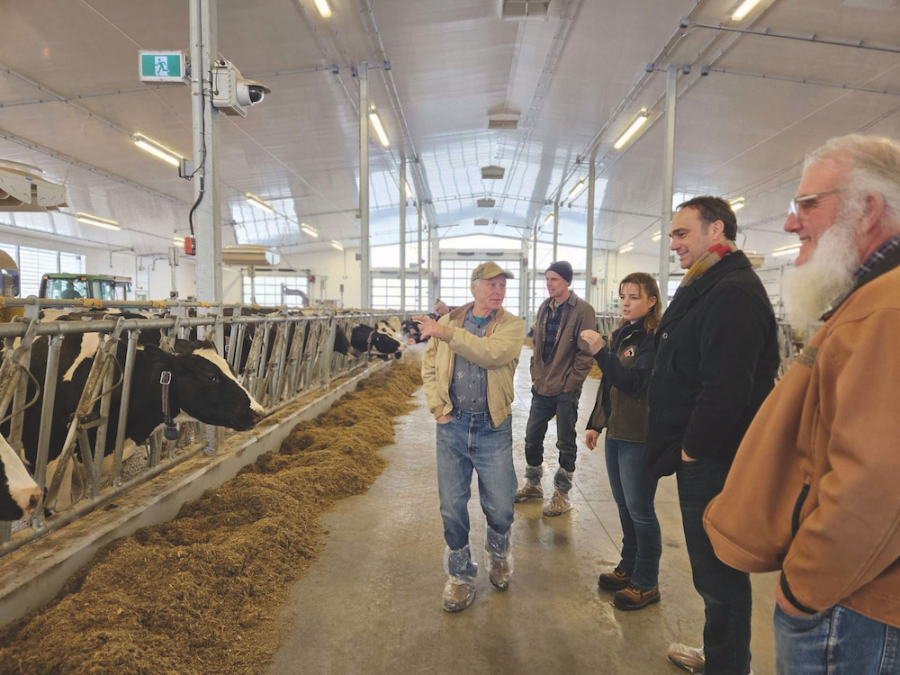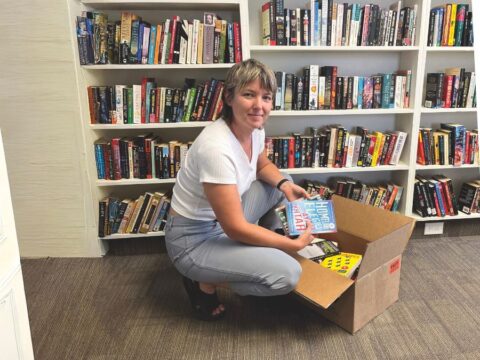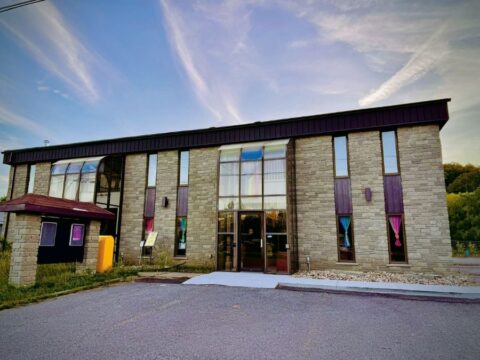Welcome to a $33-million prison labour experiment that critics say has not panned out.
An industrial dairy farm at Joyceville Institution, a minimum-security prison near Kingston, Ont., produces milk for the general supply that is sold to the public. But Canada officially bans the importation of products made by prison labour in other countries. As well, it’s uncommon for Canadian prison labour goods to hit our retail stores.
You may unsubscribe from any of our newsletters at any time.
Prison labour can be exploitative of a vulnerable population, and that raises human rights concerns about the Joyceville dairy project, says Calvin Neufeld, a founding member of Evolve Our Prison Farms, an organization promoting more ethical prison farm models.
The Joyceville blueprint is relatively new. At one time, Canada had prison farms that produced food for prisons but not for commercial markets. The government dismantled them between 2009 and 2011, saying they no longer met the needs of the labour market. In 2016, then prime minister Justin Trudeau announced a review of the decision, and his government set aside $4.3 million to reopen the farms at Joyceville and the nearby Collins Bay Institution. The first phase, a prison-run industrial goat dairy at Joyceville, was later expanded to include cows.
The goat operation was put on hold during the pandemic due to financial concerns. The cow dairy opened last fall and has about 100 cows whose milk is inspected and certified through the Dairy Farmers of Ontario. The project’s tab so far is at least $33 million. But Neufeld, whose group has combed through about 45,000 pages of government records obtained through the Access to Information Act, says that the farm has created few meaningful jobs for prisoners.
- The vast hidden workforce of Canada’s prisons
- Proposed prison has turned these rural residents and abolitionists into allies
- Tent cities are growing in Canada — so is the call for meaningful change
“And that really gets to me,” he says. “That kind of money — what could it have done in prisons?”
Worse, he uncovered 2017 briefing notes from Correctional Service Canada to the minister of public safety about reopening prison farms. They say farm animal care programs are unlikely to keep ex-inmates from re-entering the prison system.
The most effective approaches? Education (especially high school equivalency), community-based correctional programs and regular family visits.
***
This article first appeared in Broadview’s September/October 2025 issue with the title “The Ethics of Prison Farms.”
Leslie Sinclair is a journalist in Toronto.















When the Conservative government closed the farms at the prison in about 2010 the message was that there was no need to give experience in farm and dairy work as these were obsolete trades. If one spoke with prisoners who actually benefitted from working with the animals, more than a few testified that the care of the animals awakened in them a resolve to care for their neighbour. They learned that other living creatures matter, have needs and share love. Probably only a few of the many prisoners ever got to work in the barns with the animals, but those that did received a greater benefit. I for one, was pleased to hear that the program was reinstalled. Perhaps there can be other factors considered rather than a profit/loss sheet. (The Rev.) Art Turnbull, Abbotsford, B.C.